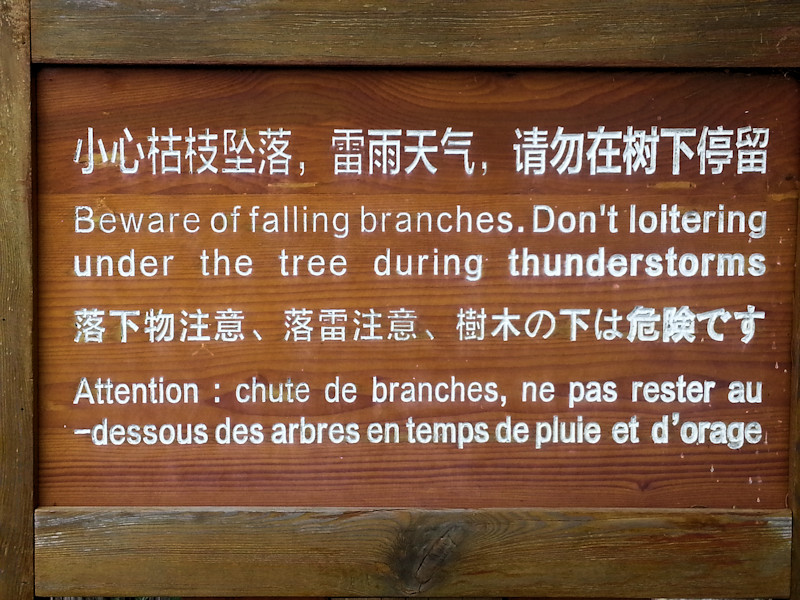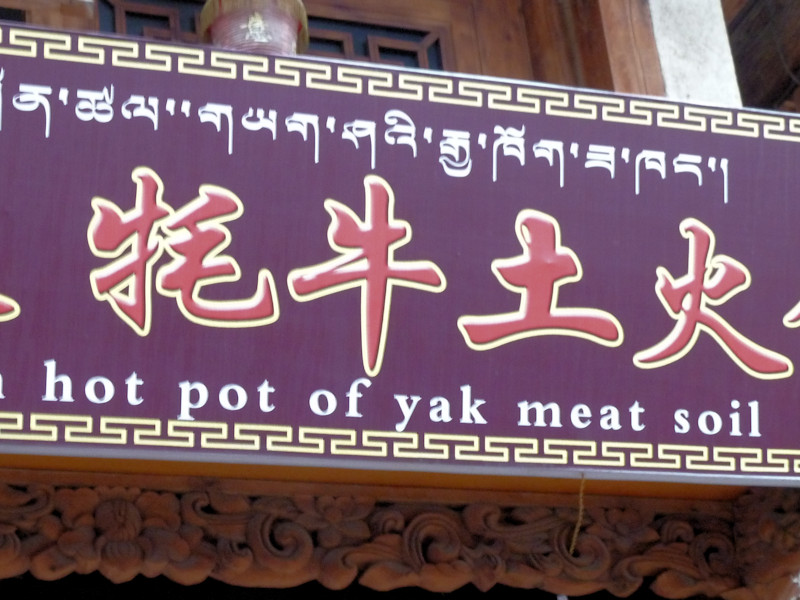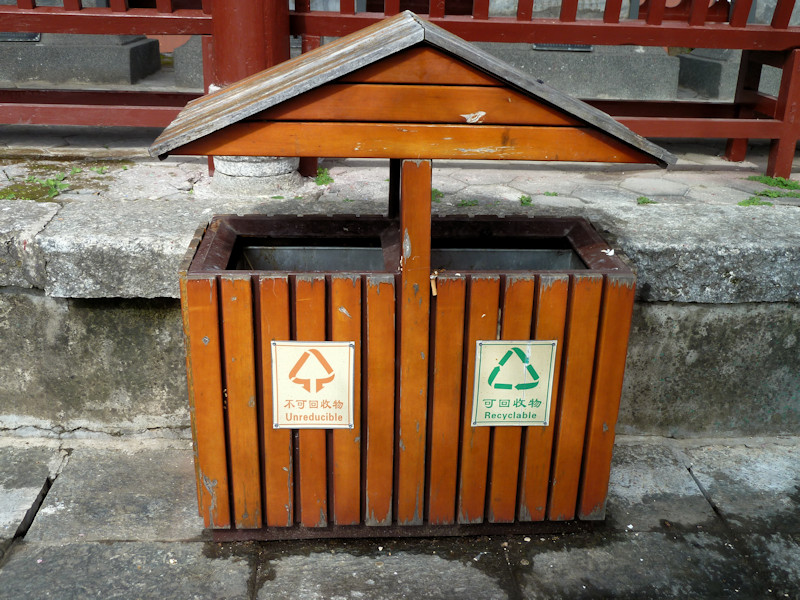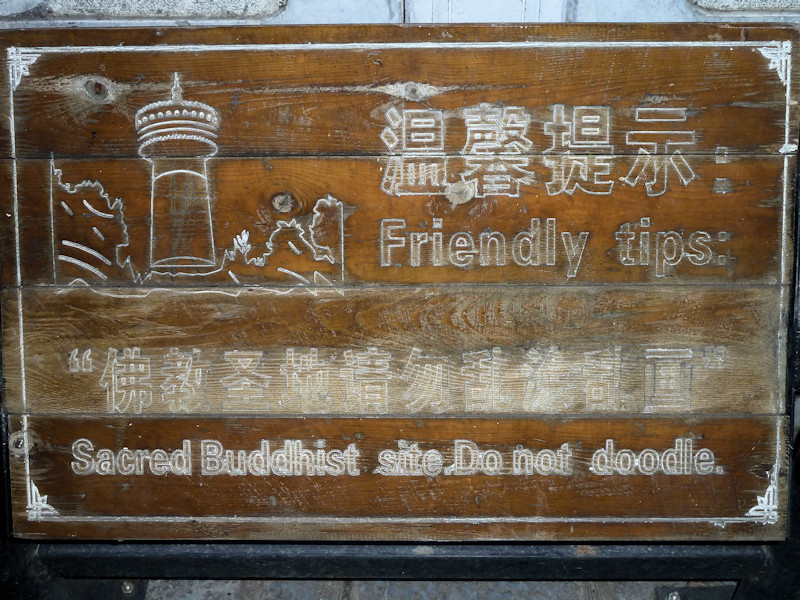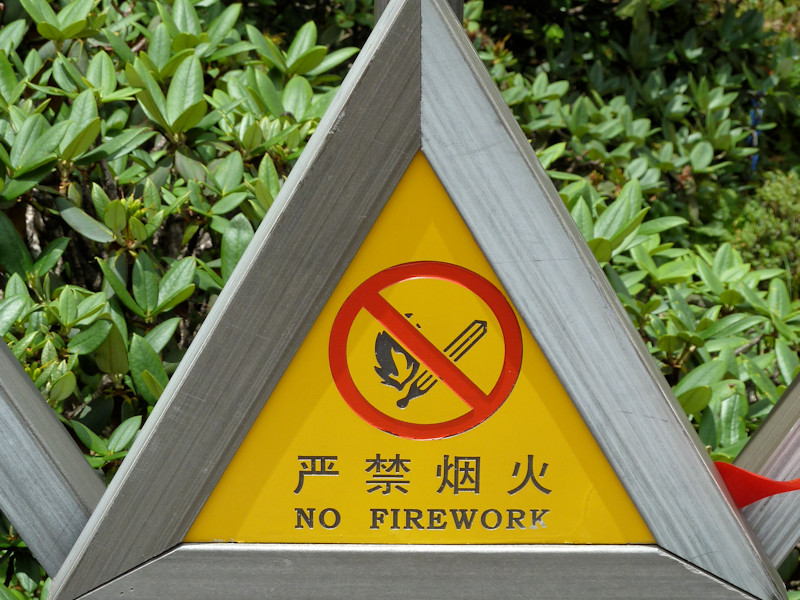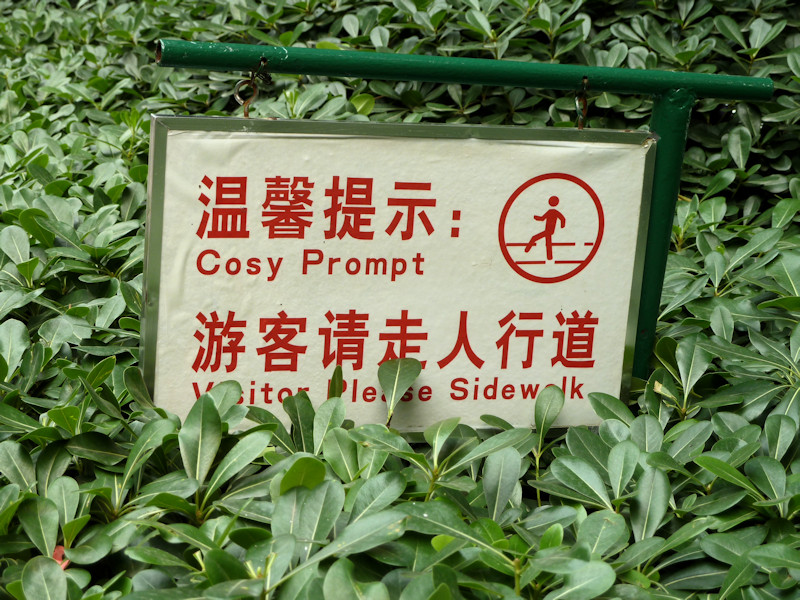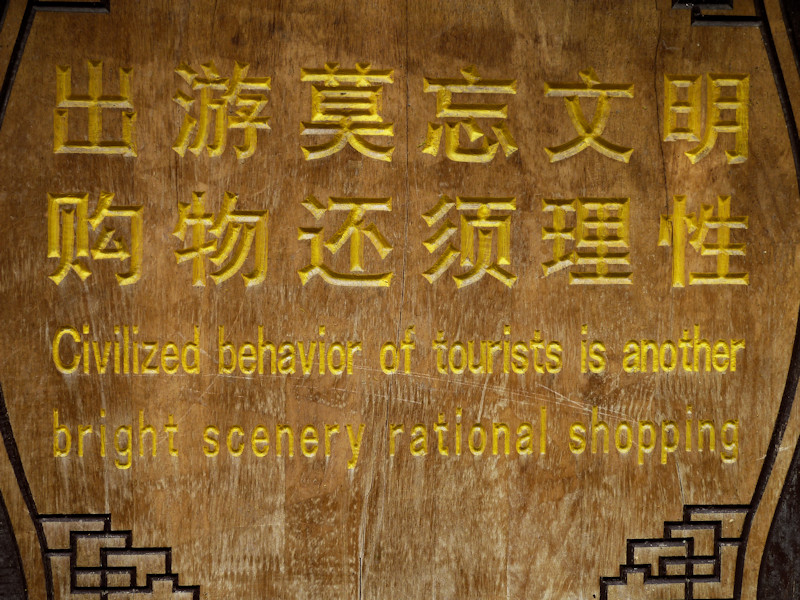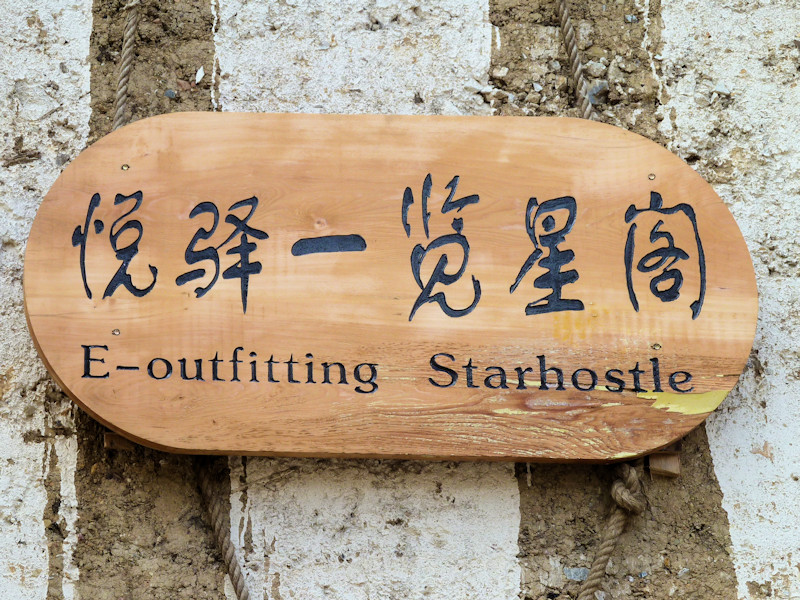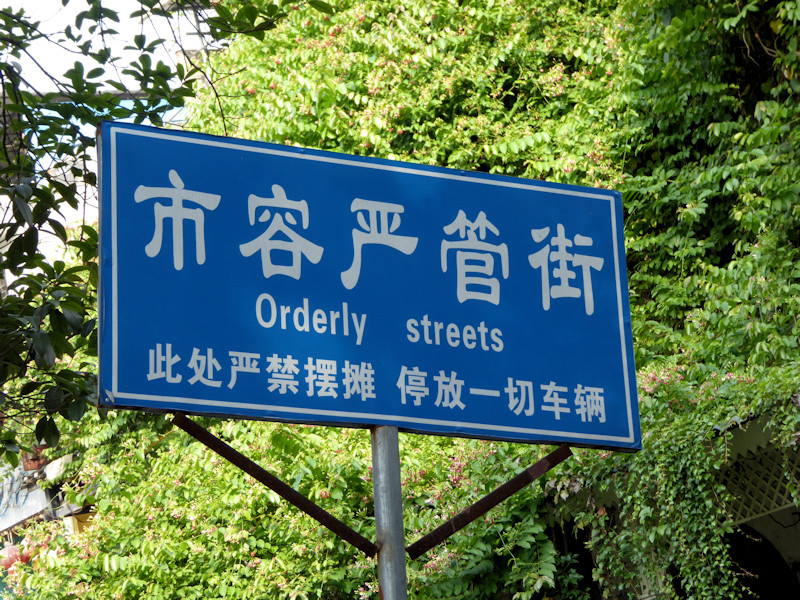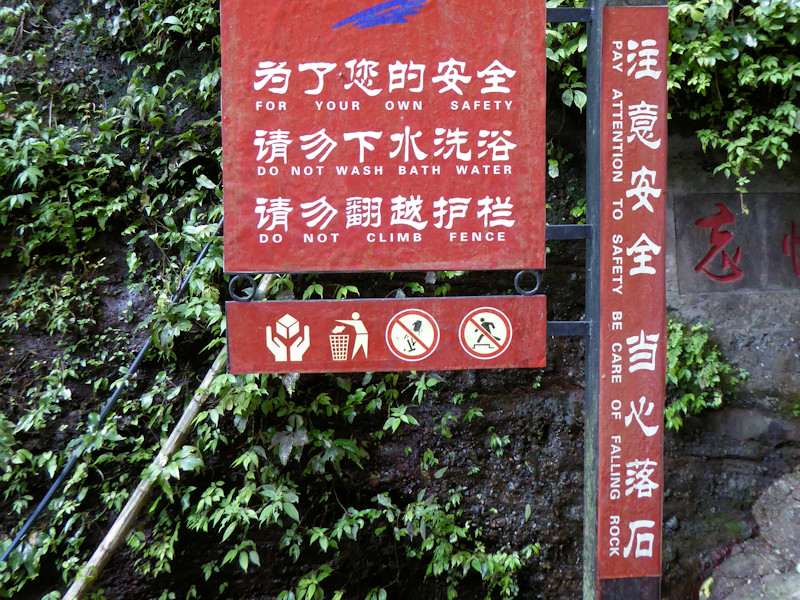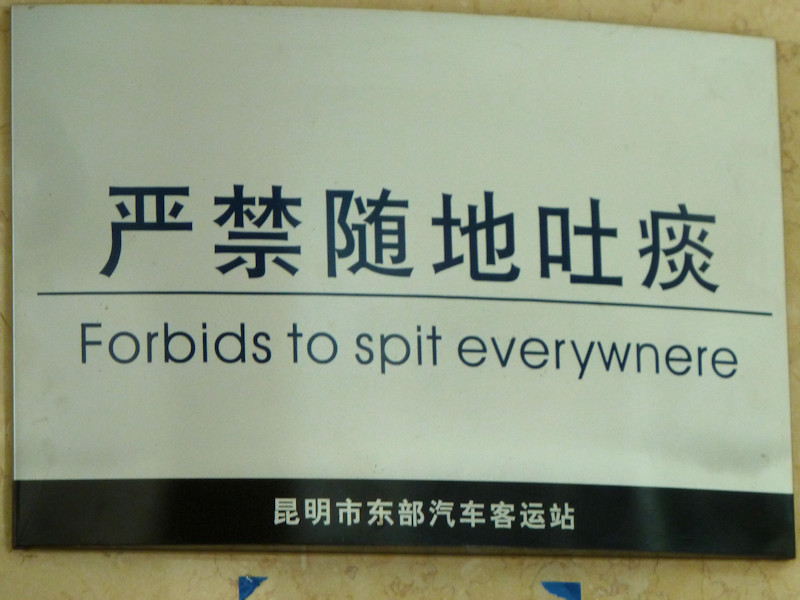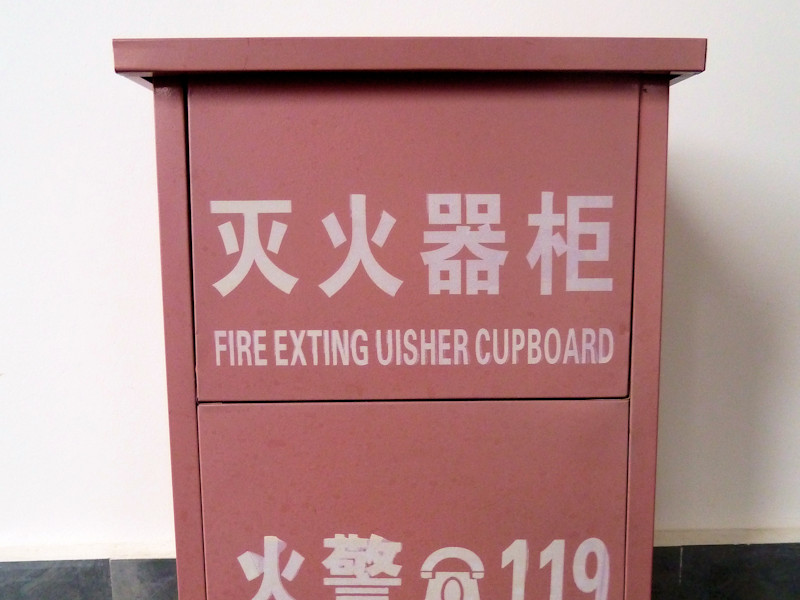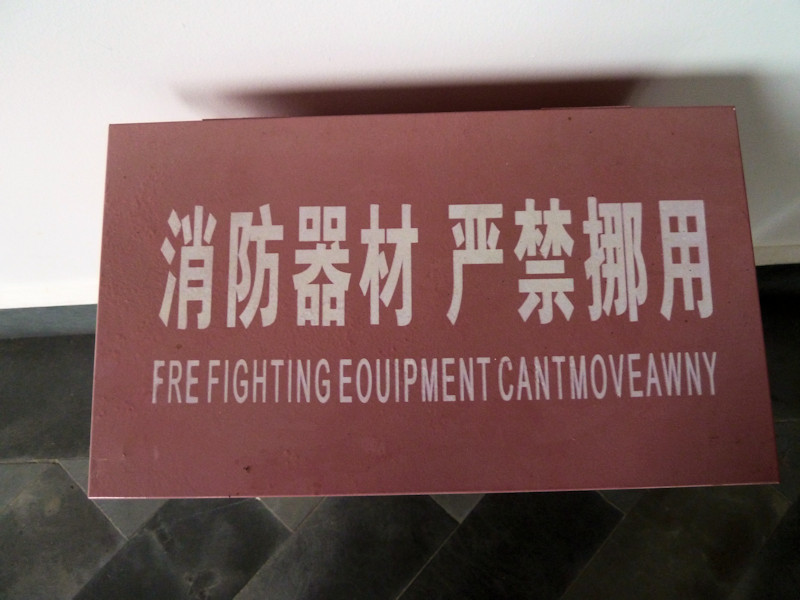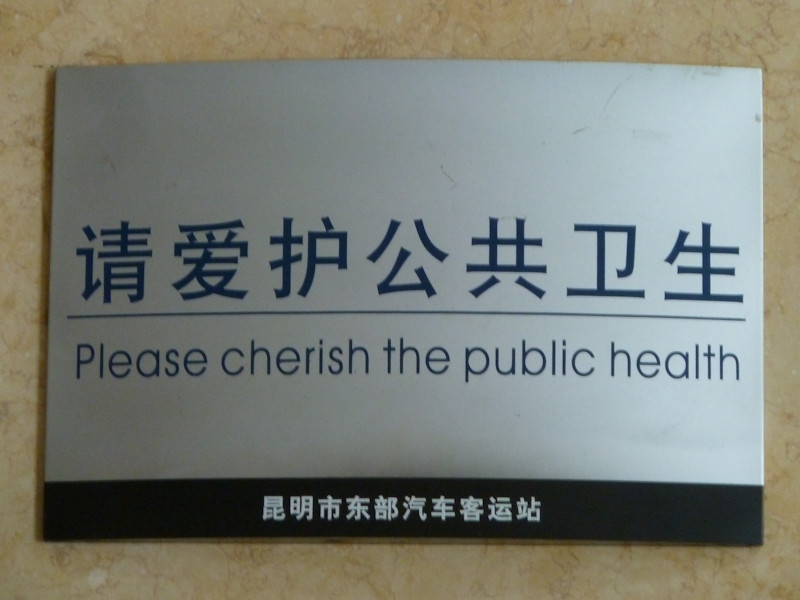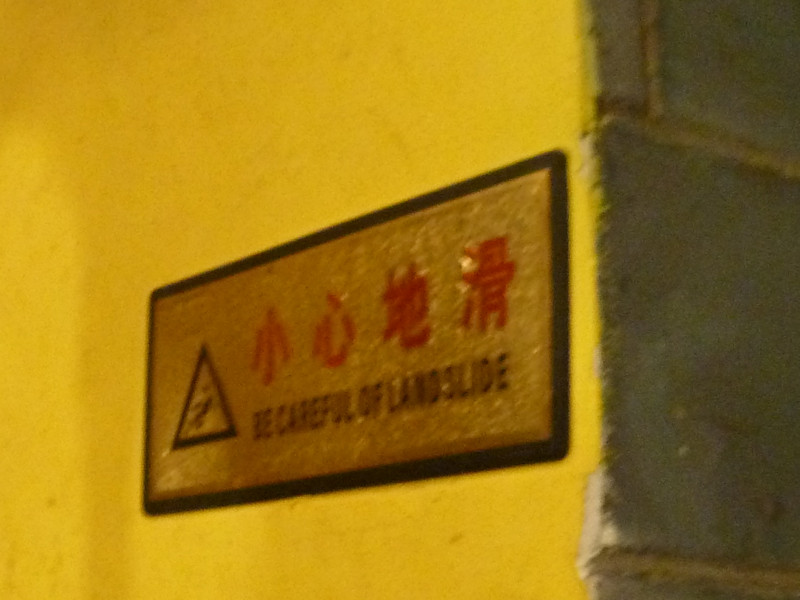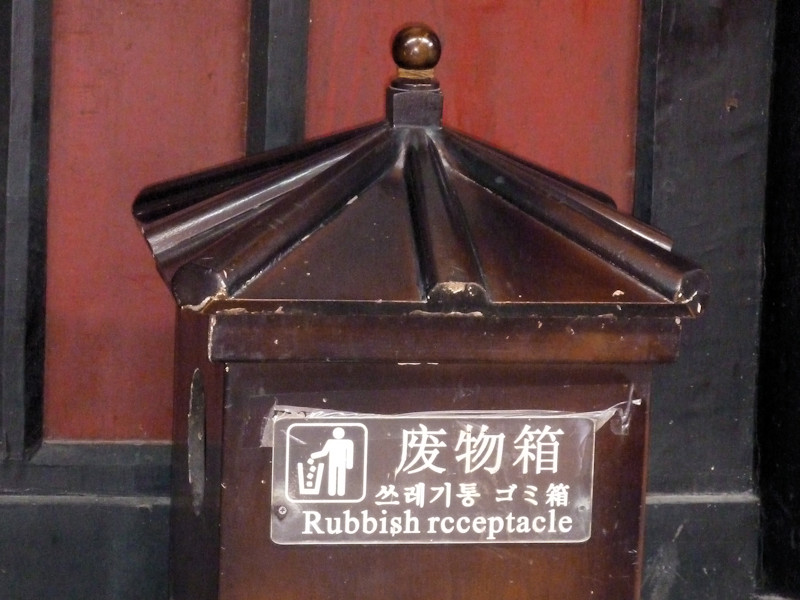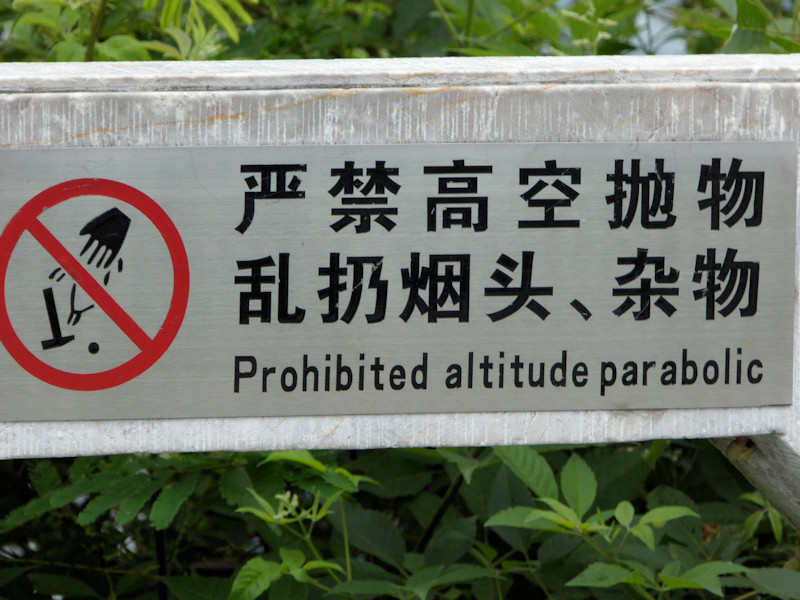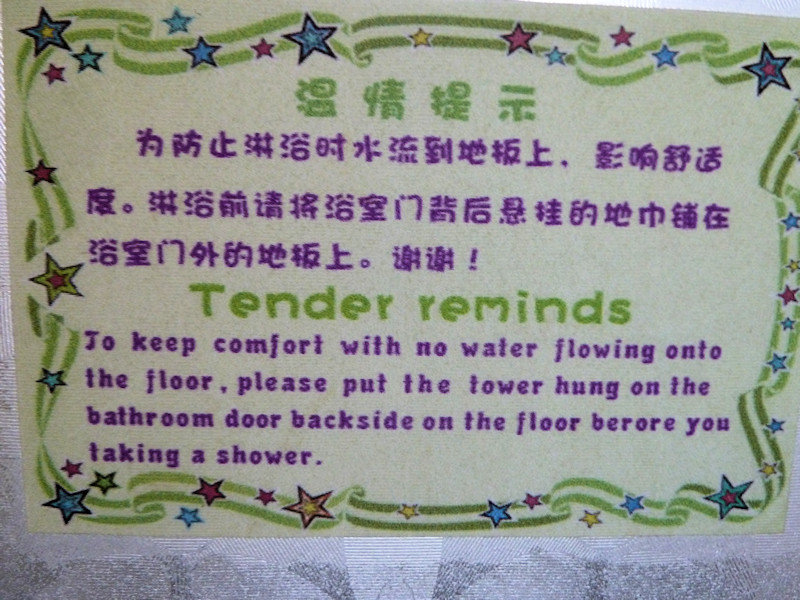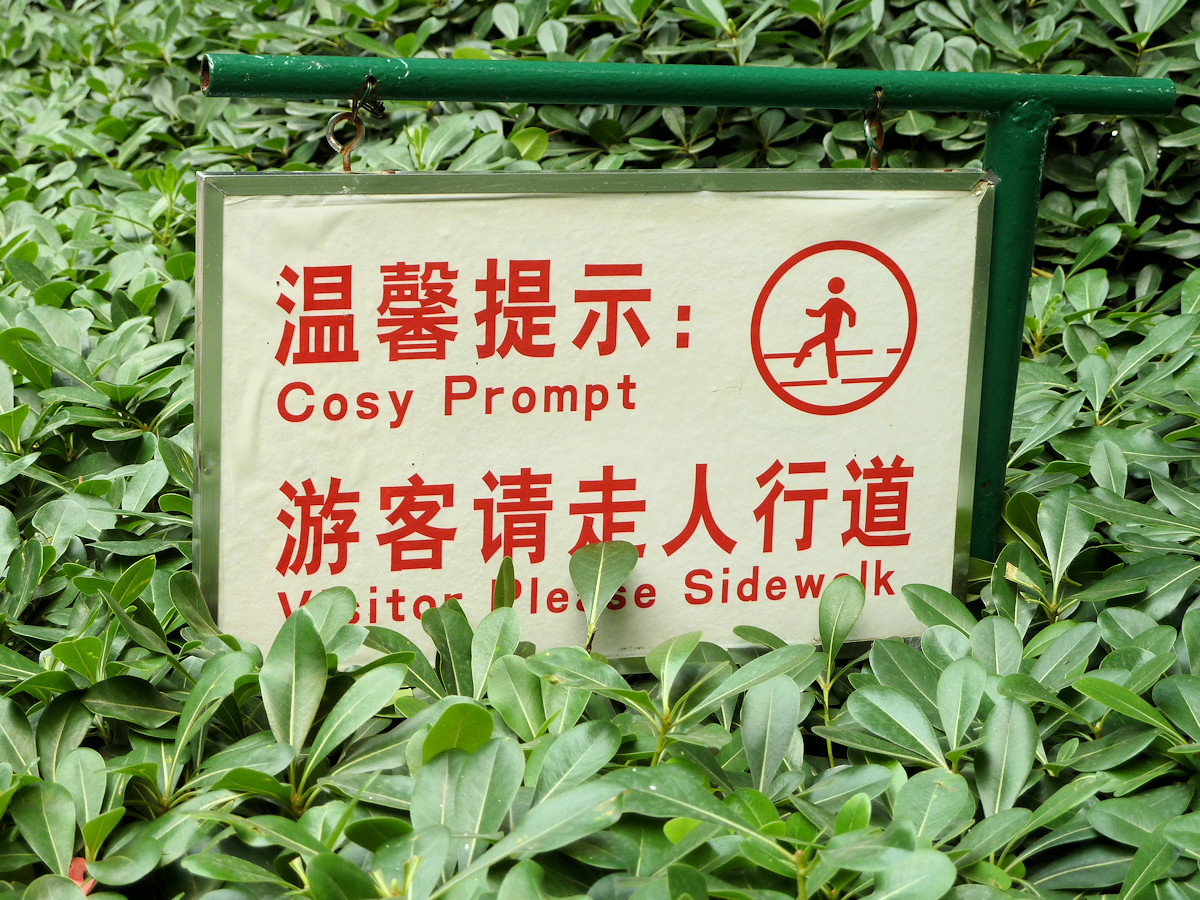
温馨提示 = wēn xīn tí shì = Please note:
Hitting the right tone or getting lost in translation
The English equivalent to my Chinese? I wonder how often I say things that could be understood in many other ways than what I intended. Maybe my choice of words isn’t so much the problem, but I definitely have some serious tone issues!
Mandarin is a tonal language. It only uses a fairly small set of syllables but all of them come in up to 5 different tones and -of course- countless different meanings and written characters. Since this isn’t a blog for language geeks, I won’t go into many details. But here is a perfect illustration:
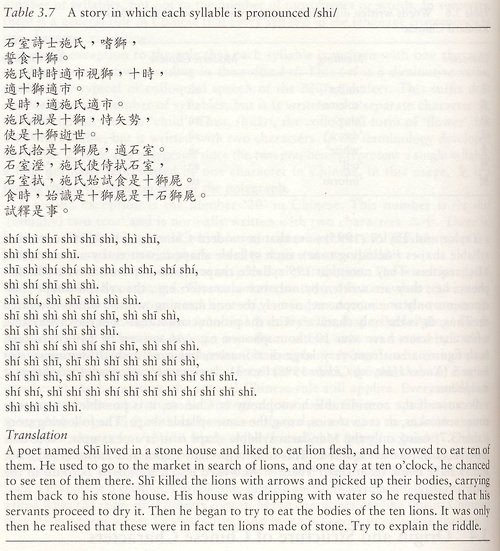
I once gave this story –Chinese characters only- to my good friend and linguist extraordinaire Melody: not only could she read it all using the correct tones, she also got the meaning of the story!
Before I let you giggle about my best Chinese to English translation finds, here are a few more Chinese words that only differ in the tones:
| xióng māo | 熊猫 | panda | xiōng máo | 胸毛 | chest hair |
| shàng hǎi | 上海 | Shanghai | shāng hài | 伤害 | to injure |
| běi jīng | 北京 | Beijing | bèi jǐng | 背景 | background |
| lǎo shī | 老师 | teacher | lǎo shi | 老是 | always |
| shǒu shì | 首饰 | jewelry | shōu shi | 收拾 | to tidy up |
| yán jiū | 研究 | research | yān jiǔ | 烟酒 | tobacco and alcohol |
| zhī dào | 知道 | to know | zhí dào | 直到 | until |
| gào su | 告诉 | to tell | gāo sù | 高速 | high speed |


